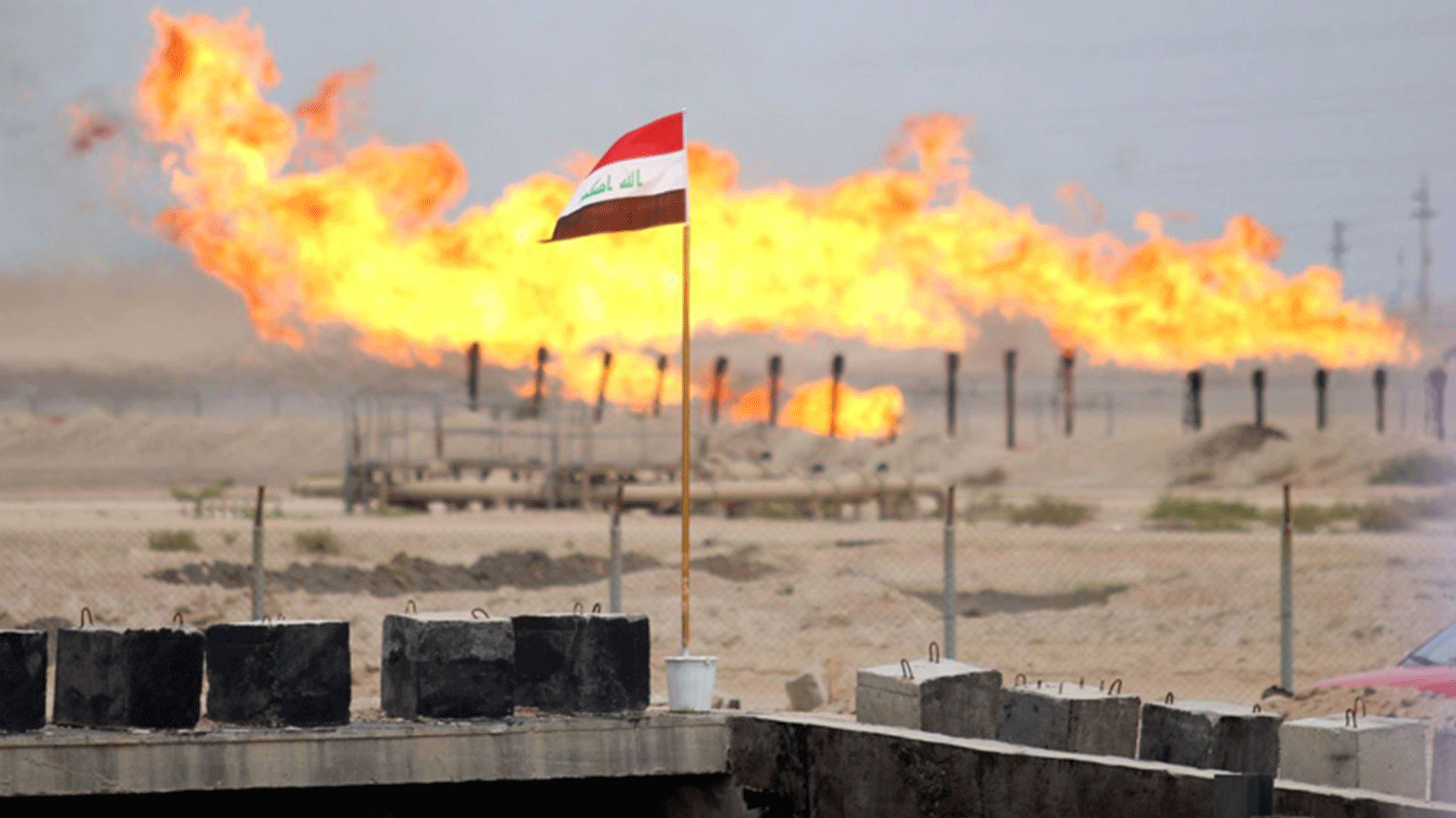Controversy surrounds Iraq's Basra-Aqaba oil pipeline project
The 1,700-kilometer pipeline is designed to transport up to three million barrels of oil daily, offering Iraq a crucial alternative to its current dependence on the Strait of Hormuz, the nation’s only oil export route to international markets.

ERBIL (Kurdistan24) – Iraq, heavily reliant on oil as its primary source of income, has faced significant challenges due to limited oil export routes. One potential solution, the Basra-Aqaba oil pipeline project, has ignited a heated debate among Iraqi political factions, particularly Shiite groups who oppose the project for political and security reasons.
The 1,700-kilometer pipeline is designed to transport up to three million barrels of oil daily, offering Iraq a crucial alternative to its current dependence on the Strait of Hormuz, the nation’s only oil export route to international markets. This strategic project aims to reduce risks associated with the volatile region and secure Iraq’s oil revenue stream.
However, the pipeline has been met with resistance. Some Shiite representatives in the Iraqi parliament argue that the port of Aqaba in Jordan is too close to Israel, raising concerns about potential Israeli access to Iraqi oil. Additionally, critics claim that exporting oil through Aqaba would be costlier than the southern ports, placing further strain on Iraq’s fragile economy.
Despite these objections, legal efforts to block the project have so far failed. The Iraqi Federal Court recently dismissed a lawsuit aimed at halting the pipeline's development, marking a significant step toward its completion. With 6.4 trillion dinars allocated from the 2024 budget, the project is moving forward, though not without ongoing challenges.
Initial estimates for the pipeline’s cost ranged from $18 billion, but the Iraqi Oil Ministry revised the figure to $8.5 billion in 2022. While some view the project as a means to secure Iraq’s future oil exports, experts warn that hurdles remain, both domestically and internationally, as Iraq navigates political opposition and external pressures.